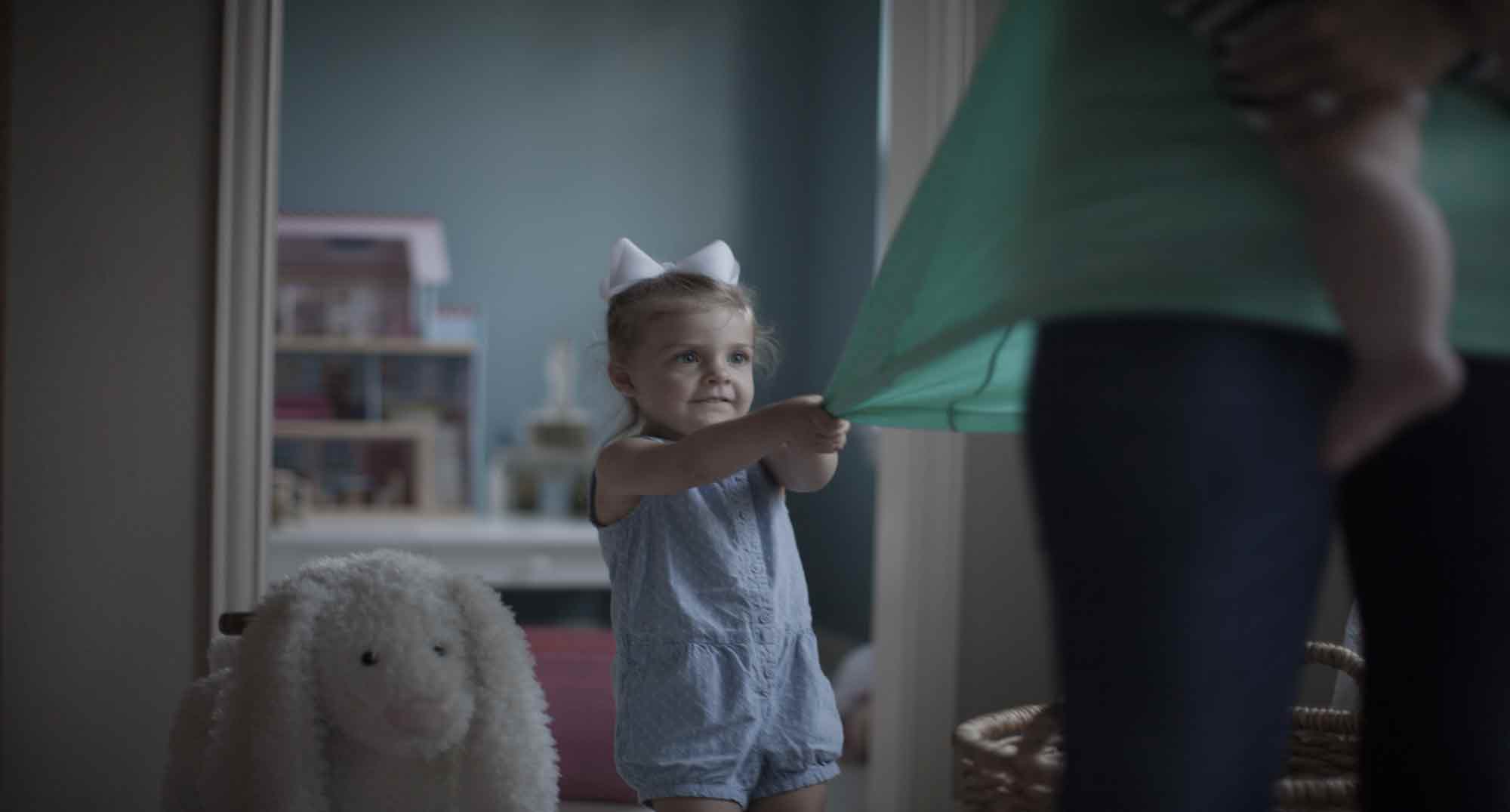How Job Teaches Us to Grieve With Hope
MARISSA BONDURANT|GUEST “Then Job arose and tore his robe and shaved his head and fell on the ground and worshiped. And he said, ‘Naked I came from my mother’s womb, and naked shall I return. The Lord gave, and the Lord has taken away; blessed be the name of the Lord” (Job 1:20-21). In February of 2019 my husband taped a sign on our refrigerator that said, “It’s been 0 days since an incident in this home.” He was trying to bring some levity to a horrible week for our family. One thing after another occurred and we were exhausted from dealing with all the emergencies. I remember feeling on edge with the thought of, “What’s next?” On a much bigger scale, Job understood what it was like to receive one tragic report after another. In Job 1:13 a messenger arrives and tells Job about the Sabeans who came, taking all his oxen and donkeys and destroying his servants. While he was still talking, another messenger entered and told Job that fire consumed all his sheep. While he was still talking, a third messenger inform him that his camels were stolen and more servants killed. And while that messenger was still talking, a fourth comes in and tells Job that all his children perished in a horrible house collapse. His children, his livelihood, his finances… all gone in a single day. How did Job react? And how can his response encourage us in our sufferings today?...










